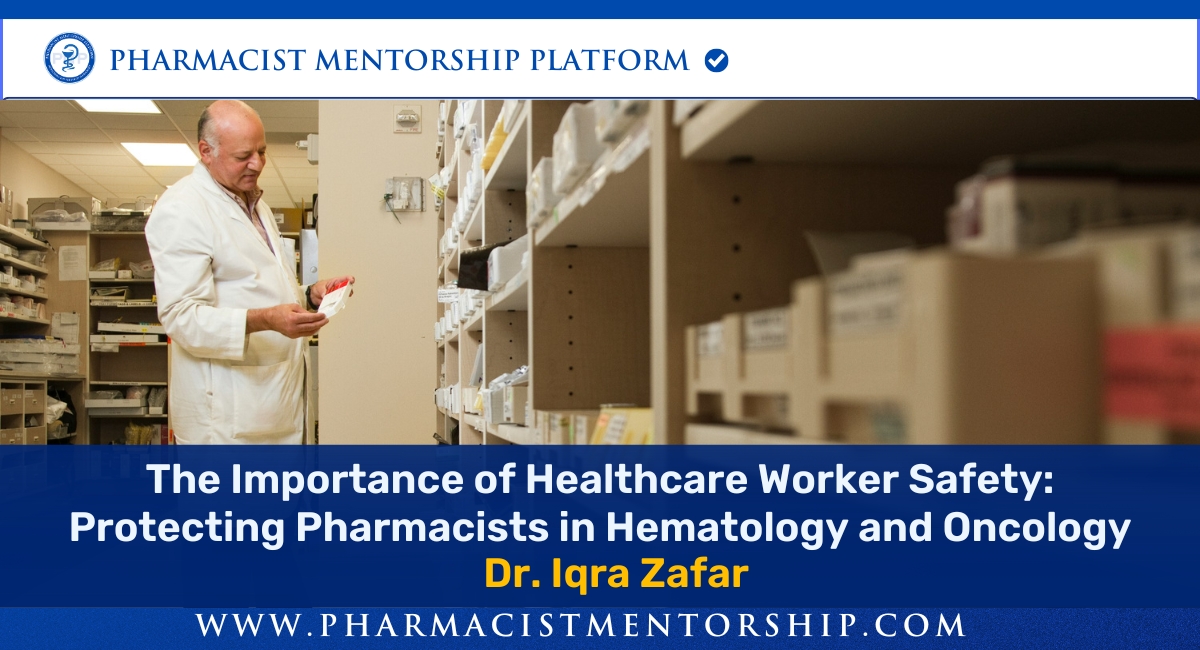Currently Empty: ₨ 0

The Role of Pharmacists in Public Health: Making a Real Impact Every Day
Pharmacists do a lot more than just fill prescriptions. They’re key players in keeping communities healthy and informed. Whether it’s helping patients understand their medications, giving vaccines, or organizing health campaigns, pharmacists are essential in protecting public health.
In this blog, we’ll dive into how pharmacists make a difference in public health, explore their roles and responsibilities, and share real-world examples of their impact. Whether you’re a pharmacy student or a practicing professional, you’ll find practical insights and tips to enhance your role in public health.
What Do Pharmacists Do in Public Health?
Pharmacists are much more than medication experts. They are the most accessible healthcare professionals in many communities, offering support and education to patients who might not see a doctor regularly. From managing chronic conditions to providing advice on healthy living, pharmacists play an important role in keeping people well.
Key Roles of Pharmacists in Public Health
1. Helping Patients Manage Their Medications
One of the most important roles pharmacists play in helping patients, properly understand and safely use their medications.. This means explaining when to take them, how much to take, and what side effects to look out for.
Real-Life Example: A patient with diabetes might be confused about when to take insulin relative to meals. A pharmacist takes the time to explain how insulin works and provides tips on keeping blood sugar levels stable. This not only improves the patient’s health but builds trust and rapport.
2. Promoting Disease Prevention
Pharmacists are on the front lines of disease prevention through vaccination services and health screenings. By offering flu shots, blood pressure checks, and cholesterol tests, they make preventive care accessible and convenient.
Real-Life Example: During flu season, a local pharmacist sets up a vaccine station right in the pharmacy, making it easy for busy people to get their shots. By talking to customers about the importance of vaccination, they encourage higher uptake and protect the community.
3. Educating the Public About Health
People often turn to pharmacists for advice about managing chronic conditions, taking new medications, or even basic health tips. Pharmacists break down medical jargon and offer practical, easy-to-understand guidance.
Real-Life Example: A pharmacy student on a placement helps set up a workshop at a senior center, teaching residents how to safely manage their prescriptions. By making the session interactive and answering questions directly, they help reduce medication errors and build confidence.
4. Responding to Public Health Crises
Pharmacists have stepped up during health emergencies like the COVID-19 pandemic, providing accurate information, dispensing essential medicines, and supporting vaccination campaigns. They are trusted voices during crises, helping to calm fears and educate the public.
Real-Life Example: During the COVID-19 vaccine rollout, many pharmacists organized on-site clinics and addressed concerns about vaccine safety. Their efforts helped build public confidence and increased vaccination rates.
5. Reaching Out to the Community
Pharmacists are community health advocates. They often organize outreach events to educate the public about topics like smoking cessation, diabetes management, or healthy eating habits.
Real-Life Example: A pharmacist partners with a local school to host a “Healthy Living” event, teaching kids about nutrition and hygiene. These small initiatives add up to a healthier, more informed community.
Challenges Pharmacists Face in Public Health
Despite their vital role, pharmacists often deal with challenges like:
- Time Constraints: Juggling patient care and administrative tasks.
- Misunderstanding Their Role: Some people don’t know how much pharmacists can do beyond dispensing meds.
- Lack of Resources: Especially in rural or underserved areas, it can be tough to provide full public health services.
Tips for Pharmacy Students
If you’re a pharmacy student, start building your public health skills now by:
- Volunteering: Get involved in community health events to gain experience.
- Practicing Communication: Work on explaining complex topics in simple terms.
- Staying Updated: Follow healthcare news to stay informed about public health issues.
- Learning from Mentors: Watch how experienced pharmacists handle patient interactions and community initiatives.
Making a Real Difference
Pharmacists aren’t just dispensers—they’re educators, advocates, and health coaches. By getting involved in public health initiatives and actively engaging with the community, pharmacists help make healthcare more accessible and effective.
Conclusion
Pharmacists have a unique position to positively impact public health. From providing essential healthcare services to educating the public, their role goes far beyond counting pills. Pharmacy students and professionals who embrace this broader responsibility will find their work not only rewarding but also crucial in today’s healthcare landscape.
Stay Updated! Subscribe to our newsletter to receive more practical tips and the latest updates in pharmacy practice.





